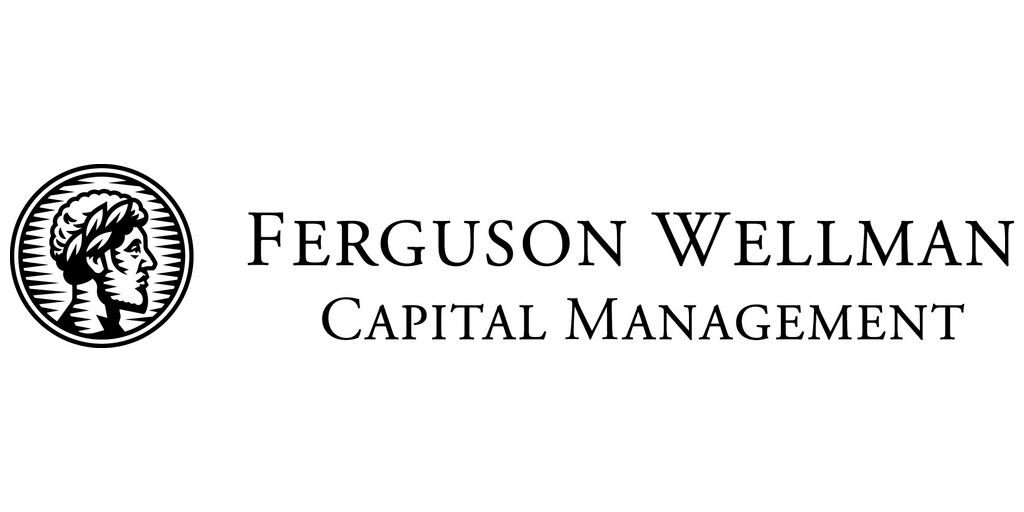PORTLAND, Ore.–(BUSINESS WIRE)–Homeowners in areas around the U.S. continue to face the threat of natural disasters as wildfire, flood, and hurricane seasons converge in late summer and fall months. Beyond immediate safety concerns, the financial aftermath of natural disasters can be devastating.
Ferguson Wellman Capital Management, a 50-year-old privately owned investment firm with 72 employees in Portland and Bellevue, has direct experience. Through clients and their own family members, they know all-too-well the critical importance of “disaster-proofing” their finances before a crisis hits.
Three Ferguson Wellman portfolio managers have supported a parent or parent-in-law after losing a home or evacuating from a wildfire: Paradise, California, in 2018; Pacific Palisades, California, in early 2025; and east of Sisters, Oregon, just 10 days ago.
“We assume disasters only happen to other people and think it will never happen to us. Speaking from personal experience, the loss of a family home and personal belongings can be devastating. Avoiding surprise gaps in insurance coverage can lessen the trauma,” says Mary Lago, CFP®, CTFA.
Josh Frankel, CFP®, agrees. “The unfortunate reality is many individuals do not fully understand their insurance coverage and are not adequately insured for their temporary living expenses or the cost of replacing their homes and belongings.”
“It happens so fast. If you are lucky to not lose your home to fire but experience damage from smoke and fire retardant—you still feel loss,” said Samantha Pahlow, CTFA, AWMA. “You return to your community and it has changed completely.”
With many lessons learned from client and family experiences, the team at Ferguson Wellman offer these five action items that any homeowner should explore as soon as possible.
|
1. |
Read and review your insurance policy, with a focus on: |
|
|
|
|
|
|
|
|
|
|
2. |
Keep documentation of valuables digitally and offsite: In the event of a complete loss, having photos or videos of your belongings is critical. Document all possessions, storing them off-site or in the cloud. A cell phone video tour of your home highlighting key valuables can save hours of trying to remember things later. |
|
|
|
|
3. |
Backup important documents and family photos offsite: Your personal computer won’t be useful if your home is destroyed. So-called “fireproof” safes aren’t always foolproof. Keep critical financial documents such as records of ownership and tax returns in a secure, offsite location and in digital format. When all is lost, it can be especially meaningful to have access to family photos that were saved digitally. |
|
|
|
|
4. |
Have a go-plan: When disaster strikes, it is important to focus on your family’s immediate safety. Plan your evacuation route and have a known family meeting place. Always carry a cell phone charger and emergency medications in your car. Consider evacuation plans for any family pets. Above all, prioritize family safety first. |
|
|
|
|
5. |
Maintain a rainy-day fund: Build and maintain 3-6 months of living expenses in cash and money market funds for easy access in the event of an emergency. These funds will be particularly helpful if your employment is affected by a disaster. |
“Too often, people focus solely on physical preparations, overlooking the equally crucial task of safeguarding their financial well-being. Our goal is to empower communities with the knowledge and tools to navigate these challenges with greater resilience. The immediate displacement, property damage and long-term recovery challenges of recovering from a disaster can all carry significant financial burdens. Knowing exactly what your homeowner’s insurance covers can really help avoid any surprise gaps in coverage,” Lago notes.
Disclaimer: Ferguson Wellman and West Bearing do not provide insurance, tax or legal advice. This material has been prepared for general educational and informational purposes only and not as a substitute for qualified counsel. You should consult qualified professionals to understand how this information may, or may not, apply specifically to you.
Contacts
Primary Media Contact:
Laura Bernards
Kean Communications
[email protected]
(503) 317-9214
Secondary Media Contact:
Mary Faulkner
Ferguson Wellman
[email protected]
(503) 789-5887

.jpg)
.jpg)
